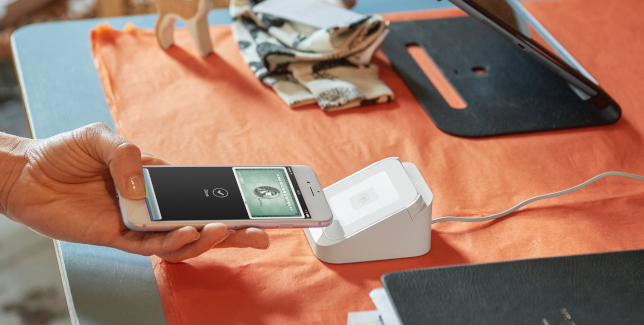The sale of Afterpay to US payments technology provider Block, formerly known as Square, has received the green light from Spain’s central bank, making it fully unconditional and allowing it to skip the need for further shareholder or court approvals.
Under the two companies’ scheme of arrangement, the Block subsidiary Lanai 2 will acquire all of the shares in Afterpay in a transaction valued at approximately US$29 billion ($39 billion).
The transaction was expected to be paid in all stock, representing $126.21 per Afterpay share – a premium of around 30.6 per cent to Afterpay’s closing price of $96.66 as at 30 July last year.
Afterpay chair Elana Rubin explained Afterpay will begin its next phase with Block, with the deal to be formally implemented from 1 February.
“Afterpay, its leadership and team have shown that groundbreaking fintech innocation built in Australia can reach global proportions,” Ms Rubin said.
“On behalf of the board and management, thank you to our shareholders, customers, merchants, broader stakeholders and regulators, for recognising the potential of this incredible company and for sharing in the vision of fairness and financial freedom for all.”
Afterpay co-founders and co-chief executives Anthony Eisen and Nick Molnar will join Block upon completion of the transaction. Block will also appoint one Afterpay director as a member of its board following the deal closing.
Afterpay will stop trading under its current branding on the ASX from 19 January, before Block commences trading on the local exchange, under the ticker SQ2.
Mortgages potentially in Afterpay’s future
The buy now, pay later (BNPL) provider launched its Money app late last year, powered by Westpac’s banking-as-a-service (BaaS) offering.
While the app has so far focused on spending and savings, Westpac CEO for specialist business Jason Yetton suggested the BaaS product could help customers such as Afterpay Money offer home loans.
Afterpay was Westpac’s first partner on the BaaS platform, joining in 2020. The BNPL provider has obtained an Australian Financial Services Licence (AFSL) from ASIC, allowing it to provide general product advice and to distribute basic deposit products and debit cards.
BNPL has only accelerated following the success of Afterpay, with multiple lenders jumping into the landscape with their own offerings, including Suncorp, CBA and Citi.
More recently, Latitude Financial Services proposed to buy Humm’s BNPL business for $335 million, planning to expand its own instalment division.
But, the market could face tougher regulations in the near future, as the government has flagged that it will review and consider reforms for the payments regulation system for the first time in 25 years.
[Related: Simplification, digitisation top banks’ priorities in 2022]
 ;
;
